Q: Did you see ebikes are good for your brain? If you’re old.
A: How old?
Q: Over 50
A: That’s not… Ahem. That’s a very inclusive definition of ‘old’, isn’t it?
Q: Does it work?
A: Who knows? It might.
Q: Does this research show it works?
A: What would we want to check?
Q: Mice or people?
A: Good. People, not mice.
Q: Random allocation of people or just correlations?
A: Yes, that’s right. This one is … somewhere in between.
Q: What’s in between randomly allocating people and just seeing what they choose? You flip a coin, but with your eyes closed?
A: Well…
Participants were pseudo-randomly assigned to one of three groups: pedal cycling, e-bike or non-cycling control groups. Priority was given to filling the cycling spots then controls were recruited to match sample characteristics. The control group were recruited after the experimental groups had started to be run so that we could match age and gender in the control group with those participants in the experimental groups. The control group were aware that they would not be cycling during the trial and those in the experimental group were all re-engaging with cycling.
Q: So, comparing people who signed up to do cycling with people who signed up to avoid cycling and other exercise.
A: Yes, but in the context of cycling research, not just random people asked to not do any extra exercise.
Q: And did the cycling group have better brains?
A: They measured a whole lot of things. Eight different multi-question assessments. Some of those improved and some didn’t
Q: Is that what they expected?
A: Not really, no. They expected improvements in a lot of the things that didn’t go up
In line with our predictions, we found trends for improvement in executive function in the Stroop task and letter updating task in both cycling groups compared to baseline and the non-cycling controls. We also found improvement in speed of processing for go trials in the Stop-It signal task only for e-bike participants during the intervention. Measures of memory and spatial functioning did not show an effect of cycling. Furthermore, we found increases in self-reported mental health on the SF-36 health survey for only the e-bike cycling group. Despite strong evidence from previous studies for an increase in well-being after exercise and the impacts of the outdoor environment on this aspect of mental health, we did not find increases on the PWB, SL or PANAS questionnaires.
Q: Could it just be the study was too small to give reliable conclusions?
A: Well, if that’s the explanation, then the study is too small to support press releases and media attention.
Q: So e-bikes are bad?
A: E-bikes are a good form of low-carbon transport, especially in hilly cities with nice climates, and let you get some, but not too much, exercise. I don’t think they need special effects on the brain to be popular.
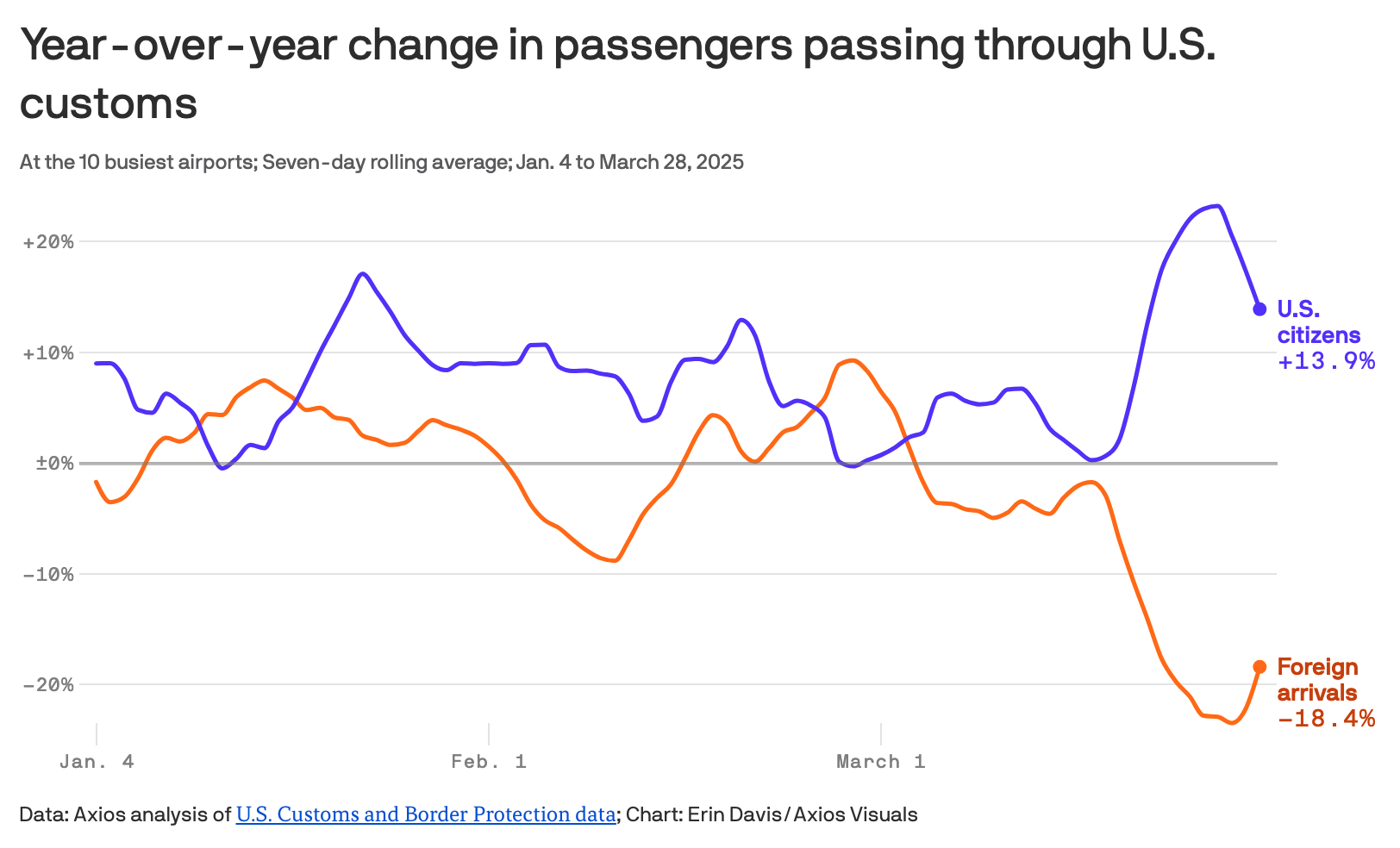
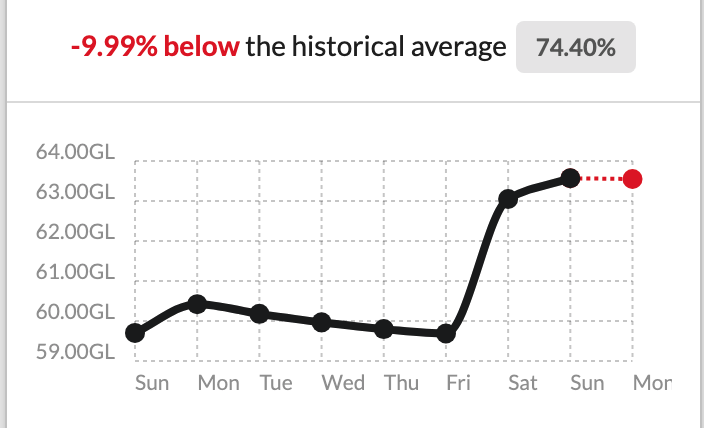
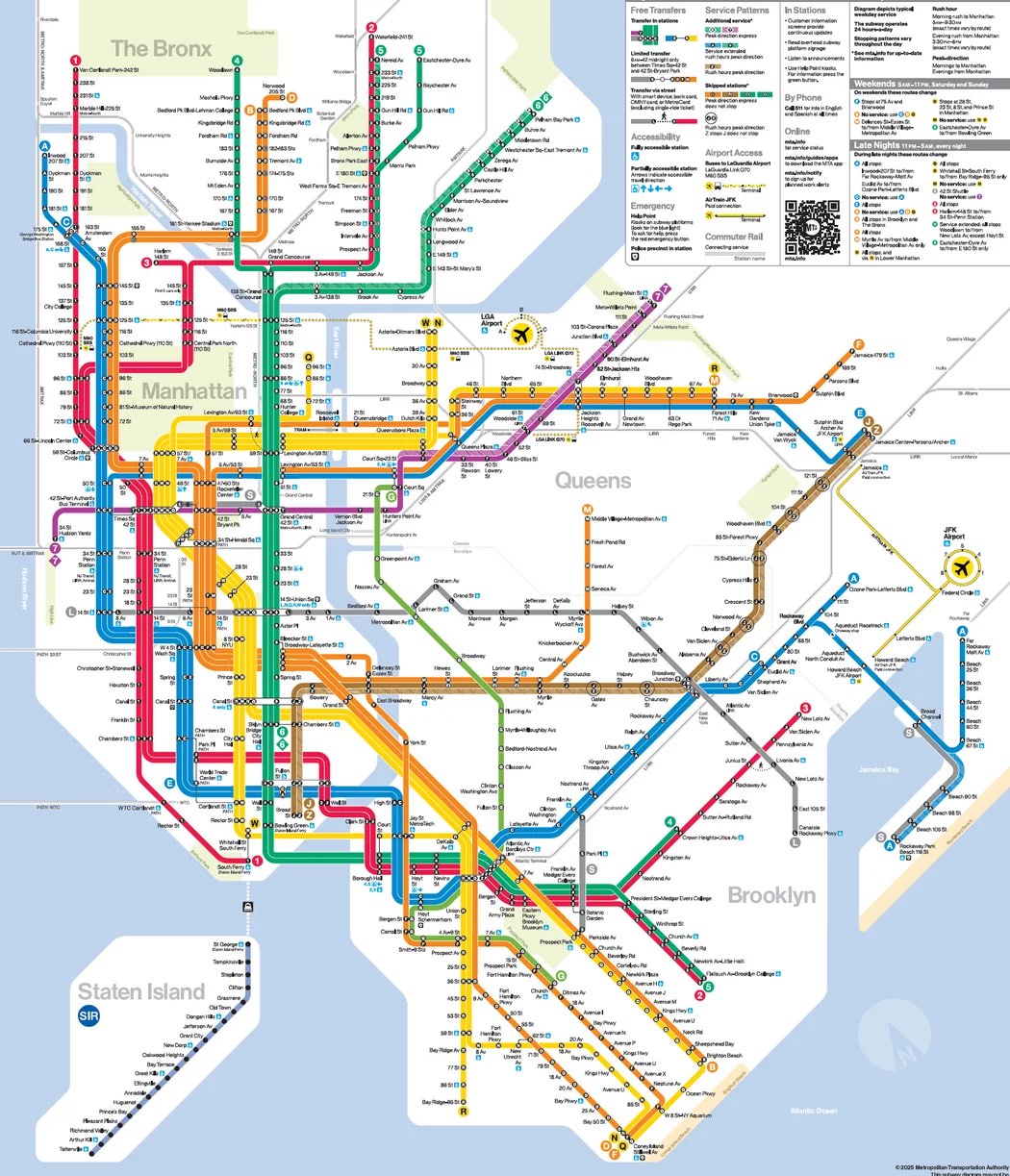

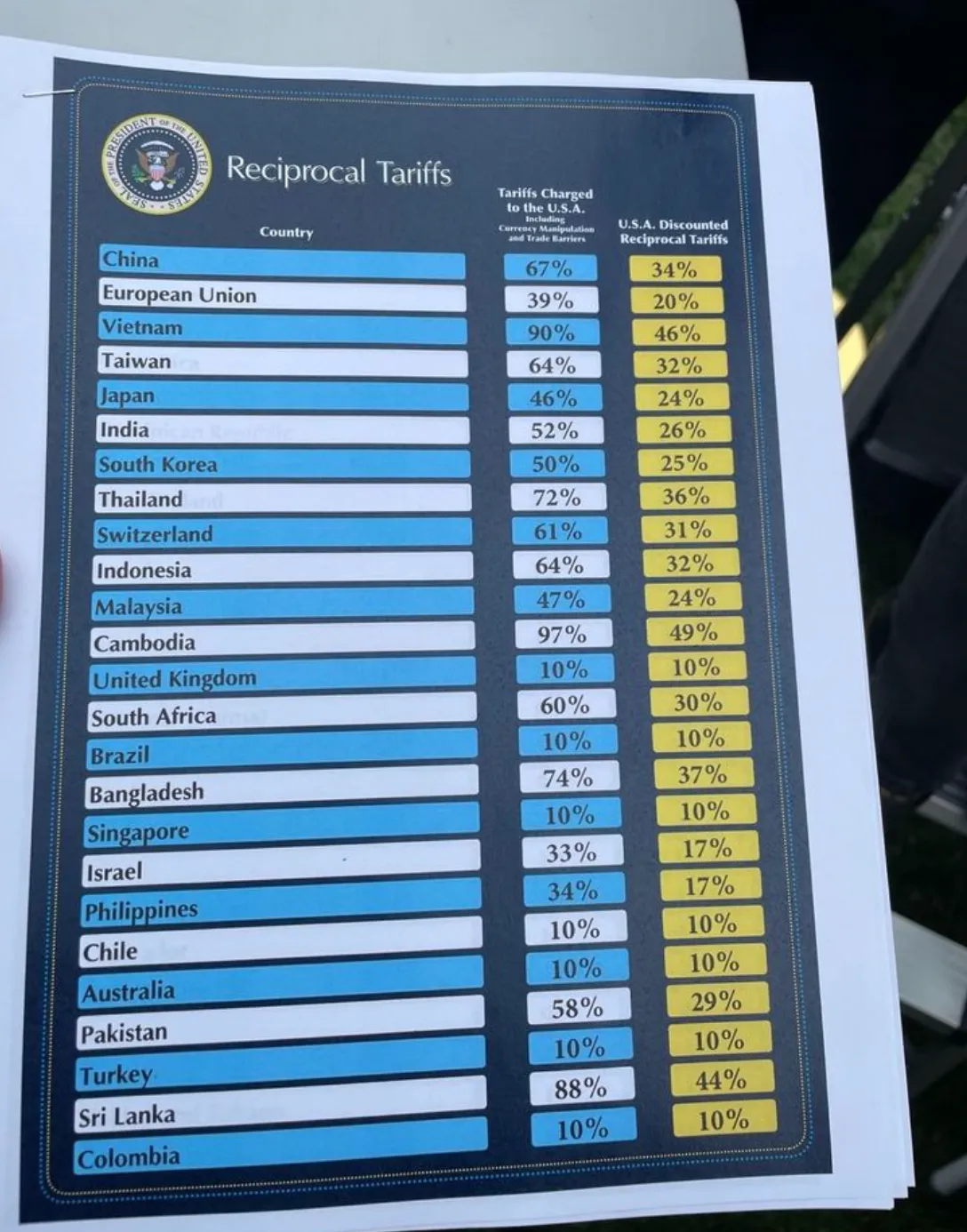
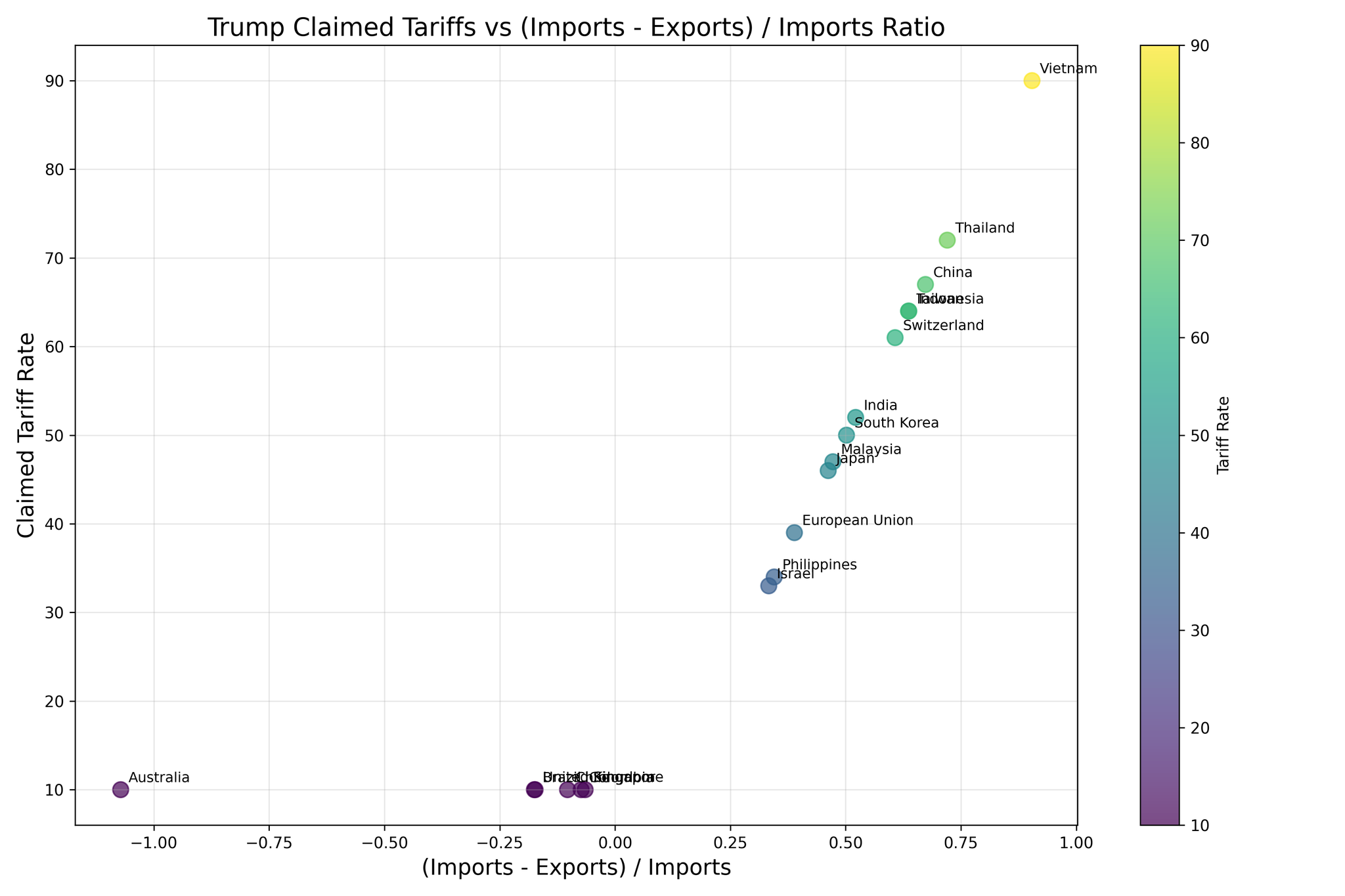

Recent comments on Thomas Lumley’s posts